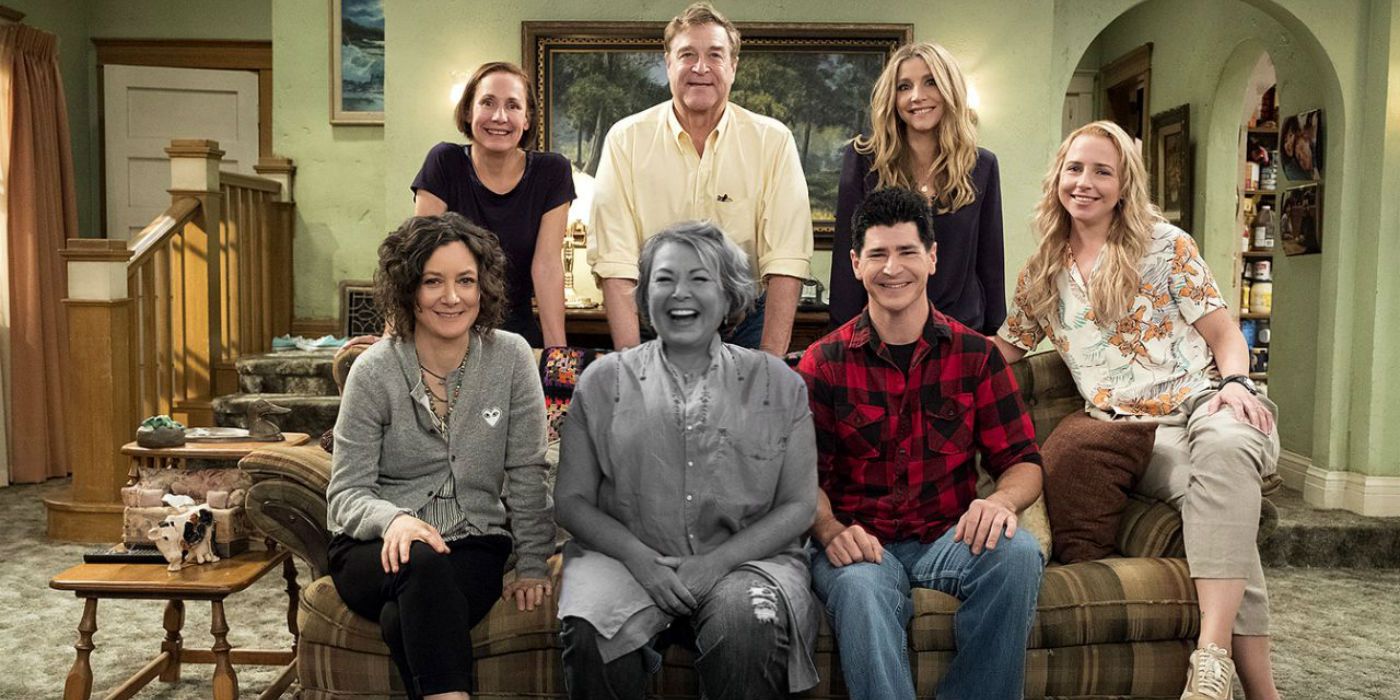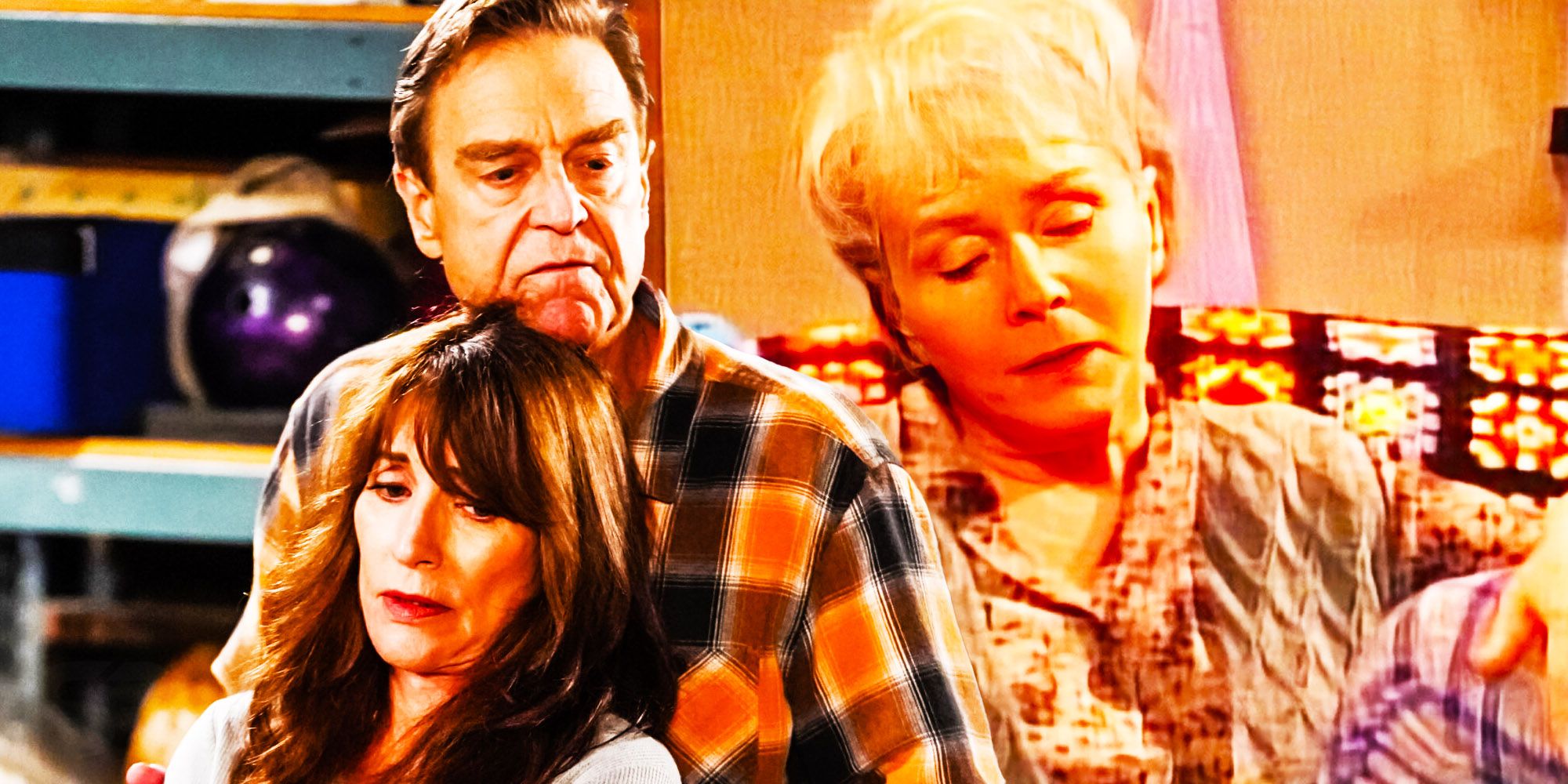Roseanne Conner, a beloved character from the iconic television show "Roseanne," has left an indelible mark on the hearts of many fans. Her sudden death in the series was not just a narrative twist, but a significant moment that sparked discussions about the impact of loss in families and on screen. This article delves into the character's journey, the circumstances surrounding her death, and its implications on the show and its audience.
As viewers, we often become attached to the characters we watch on screen. Roseanne Conner was no exception; she represented the struggles and triumphs of a working-class family. Her character's witty humor and relatable challenges resonated with many, making her death a pivotal moment in television history. The decision to write her character off the show was met with mixed reactions, leading to questions about storytelling and character development.
In this exploration of Roseanne Conner's death, we will consider the character's biography, the events leading to her demise, and the broader effects on the show's legacy. Additionally, we will reflect on how her death impacted fans and the show's creators, creating a dialogue about representation and the portrayal of death on television.
What Was the Biography of Roseanne Conner?
Roseanne Conner, portrayed by actress Roseanne Barr, was the matriarch of the Conner family on the sitcom "Roseanne," which first aired in 1988. The show quickly became a cultural phenomenon, known for its honest portrayal of working-class life in America. Here are some key details about Roseanne Conner:
| Detail | Description |
|---|---|
| Name | Roseanne Conner |
| Portrayed By | Roseanne Barr |
| Show Debut | 1988 |
| Character Traits | Witty, Strong-willed, Relatable |
| Family | Dan Conner (husband), Becky, Darlene, and Jerry (children) |
| Occupation | Factory worker, later a waitress |
| Notable Themes | Family struggles, Economic hardship, Humor in adversity |
How Did Roseanne Conner Die in the Show?
The death of Roseanne Conner was a significant turning point in the series. In the 2018 revival of "Roseanne," it was revealed that she had passed away due to an opioid overdose. This revelation shocked fans and highlighted the real-world issue of addiction, which had been a growing concern in contemporary society. The decision to write her character off in this manner sparked debates about the responsible portrayal of such sensitive topics on television.
Why Was Roseanne Conner's Death Controversial?
Roseanne Conner's death sparked controversy for various reasons. For many fans, it felt abrupt and inconsistent with her character's previously established narrative. Some viewers felt that the show had used her death as a plot device rather than providing a more meaningful exploration of her character's struggles. Additionally, the portrayal of addiction in the context of a beloved character raised questions about how such serious issues should be handled in a comedic setting.
What Was the Audience Reaction to Her Death?
The audience reaction to Roseanne Conner's death was a mix of shock, disappointment, and anger. Longtime fans felt a sense of loss, not only for the character but for what she represented. The emotional investment in Roseanne as a character made her death particularly poignant. Social media platforms buzzed with discussions, memes, and tributes as fans expressed their feelings about the impact of her death on the show's legacy.
What Did Roseanne Conner's Death Mean for the Show's Future?
Following Roseanne Conner's death, the show's future was uncertain. The revival faced challenges in maintaining the same charm and relevance without its titular character. The show was eventually rebranded as "The Conners," focusing on the remaining family members as they navigated life without Roseanne. This change allowed for the exploration of themes such as grief, resilience, and family dynamics in the face of loss.
How Did the Cast and Crew React to This Major Change?
The cast and crew of "Roseanne" expressed their feelings about the character's death in various interviews. Many acknowledged the emotional weight of the decision and its impact on the show's tone. Roseanne Barr herself commented on the creative direction, stating her hope that the show would continue to resonate with audiences. The transition from "Roseanne" to "The Conners" marked a significant shift, reflecting the need to adapt to character changes while honoring the legacy of the original series.
What Legacy Did Roseanne Conner Leave Behind?
Roseanne Conner's legacy extends beyond her death in the show. She remains a cultural icon, representing the struggles of working-class families. The show tackled various social issues, from economic hardship to family dynamics, paving the way for more authentic portrayals of American life in television. Her death, while controversial, served as a catalyst for dialogues about addiction, mental health, and resilience, resonating with audiences even beyond the screen.
Conclusion: Reflecting on the Impact of Roseanne Conner's Death
In summary, the death of Roseanne Conner was a pivotal moment in television history, both for its narrative impact and its cultural significance. As fans continue to reflect on her character's journey and the challenges of loss, the discussions surrounding her death remain relevant. The legacy of Roseanne Conner lives on, reminding us of the complexities of life, love, and the bonds that connect us, even in the face of tragedy.


